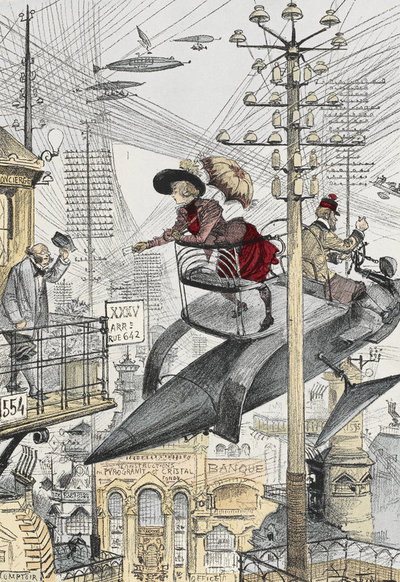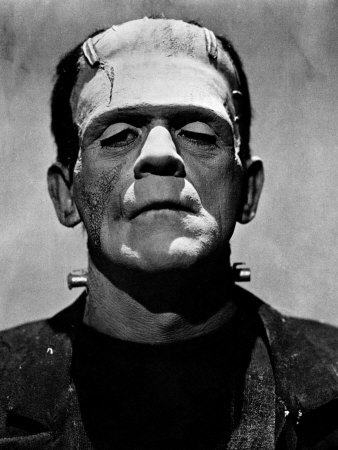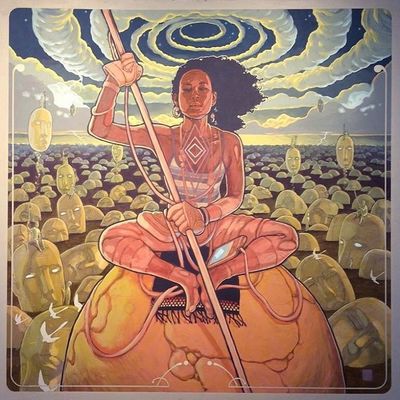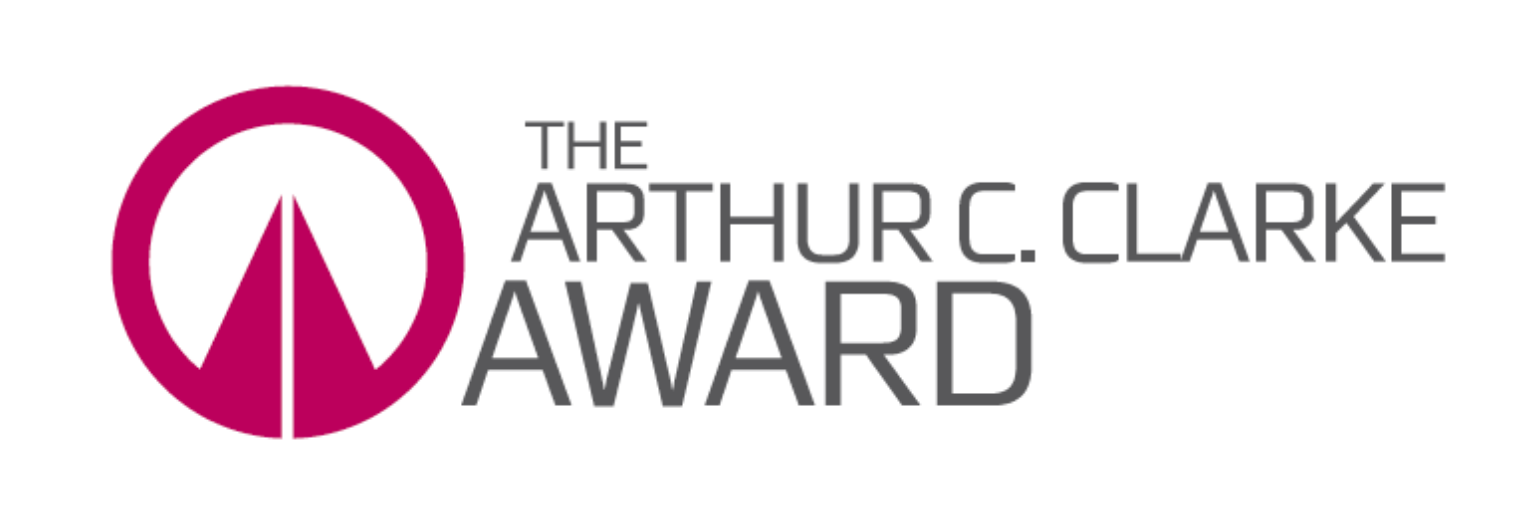|
I've been faithfully following the Arthur C. Clarke Award for years, mainly because I often agree that their winner was worthy. It may not be the best reason to do it, but it's also a sure way for me to discover new authors, new novels that I know in advance that I'll like. The contrary is also true: sometimes, after having read a novel that has been shortlisted, I wonder why the heck did that book ever arrived on that shortlist. But I always make a point of reading the shortlist and last year I even reviewed three of them (Children of Time, The Book of Phoenix and Arcadia, which were, in my opinion, the most interesting novels on it). So it's always with some trepidation that I wait for the submission list first, then the shortlist. And hurray, the submission list has been published today! It may not be a longlist, but there are always novels worth discovering on it that won't make it to the shortlist. Here are a few thoughts, short reviews and predictions... Novels I've already read (and reviewed in some cases) with a couple of thoughts:
Chris Beckett, Daughter of Eden (review): definitely a brilliant ending to the Eden trilogy. Dark Eden had won, very deservedly, the award a few years back. When I read them, I read the three in a row but I don't know how this last volume will stand on its own when the jury comes to it. (Last in a series.) Robert Jackson Bennet, City of Blades: I read both City of Blades and City of Stairs a few months back. Though I had liked them, I was far from raving about them. It was nonetheless a rich world and two very interesting stories that I enjoyed reading. I'm a bit surprised to find them here though because to me those were fantasy rather than scifi (a point adressed by Tom Hunter on the Medium post). (Second in a series.) Daniel Godfrey, New Pompeii: a very entertaining time travel story. It had many flaws in my view but I couldn't fault the historical accuracy. I think that it's just that it felt like reading a Michael Crichton book to me, a bit too formulaic for my tastes. I may read the next volume though, just to see if I like it better because it had intriguing premises. (First in a series.) Yoon-Ha Lee, Ninefox Gambit: though not my cup of tea (military scifi), I enjoyed the pace and the characters. I've planned on reviewing it for one of my collections in November. (First in a series.) N.K. Jemisin, The Fifth Season (review): loved it, loved it, loved it. I'm not sure it'll make it to the shortlist though. To me it's fantasy though there are some very definite hints that it could very well be scifi. I suppose it'll depend on how the jury will read those hints. But if it makes it to the shortlist, it's definitely a very strong contender. (First in a series.) Cixin Liu, Death's End (review): my least favourite of the whole trilogy, it was nonetheless an impressive novel. It was highly inventive, well paced and overall a remarkable scifi achievement. But I stand by what I said in my review of it: I think that if the series had ended at the end of the second volume, I'd have found it more striking. Will it make it to the shortlist? Based on how quintessentially scifi it was, it may well do. (Last in a series.) Paul McAuley, Into Everywhere: I finished reading that one barely two weeks ago. A scifi space opera, with two alternating points of view, it was enjoyable. Sadly it felt a lot like déjà-vu to me which always turns me off. It's a pity because it had all the hallmarks of a classic space opera: mysterious ancient aliens artifacts, mysterious aliens and chases across the galaxy. (Stand alone novel.) Sylvain Neuvel, Sleeping Giants: the novel uses an audacious narrative form, mostly constituted of interviews between the characters and another character who is somehow the puppet master. The problem for me was that this audacious narrative form also became old very quickly to me and prevented me from fully engaging with the characters and the story (I'm a suspicious reader: I never trust a character when they reminisce.) But that may be a strong point in its favour to other readers and to the jury. (First in a series.) Emma Newman, After Atlas (review): though I prefered Planetfall, After Atlas is an excellent cyberpunk noir, with themes ranging from class to relationships and a solid whodunnit to boot. (Second in a series but can be read as a stand alone novel.) Stephen Baxter and Terry Pratchett, The Long Cosmos: I do have huge problems with Baxter's writing. I love his concepts but his characters feel not enough fleshed out to me, as if only the concept interested him and he just wanted to get rid of the required tricks that a narrative and characters are. Frankly? I read it only because the name of Terry Pratchett (speak his name) was on the cover. (Last in a series.) Charlie Stross, The Nightmare Stacks: I'm a huge fan of Charlie Stross and this latest volume didn't shame the excellent series that The Laundry is. It's not my favourite in the series, but it was fun, well paced, with great characters and some old favourites returning. I'm not sure how it stands on its own though. (Seventh in a series.) Lavie Tidhar, Central Station: everyone raves about it. I read it and didn't like it. Honestly, I'll leave it at that. But if Mr Tidhar reads this, please know that I enjoyed Osama, this one just wasn't for me at all. (Stand alone novel.) Nick Wood, Azanian Bridges: I finished reading it last week and I've already written a review about it that will be published on the first of March (you can subscribe to the blog here if you want to receive the review in your mail box). Despite some reservations, I thought it was a very topical story that must and should be read now. I can definitely see it making it to the shortlist. (Stand alone novel.) Out of this submission list, there are two novels I already know I won't read. Though both are very popular with many scifi readers, they are both parts of series and when I had read their first volumes I had disliked them (... quite intensely!). I wouldn't be surprised though if at least one of those made it to the shortlist. Novels I have already planned to read but that will now move even faster to the top of my to-read and to-buy list: - Charlie Jane Anders, All the Birds in the Sky; - Tricia Sullivan, Occupy Me; - Naomi Alderman, The Power; - China Miéville, This Census-Taker. Diversity considerations (updated, on 14 Feb. at 6.30pm) The small percentage of novels by female writers has been addressed by Tom Hunter on his Medium blog post. There's obviously some work still to do at the publishers' end. Nonetheless, the submitted titles by female writers are very exciting and I'd be surprised if none made it to the shortlist. When it comes to writers of colour, the numbers are appalling: there are only 5 writers of colour on the submission list (according to my searches but I'm happy to stand corrected). No one could say that Nnedi Okorafor's book last year was on the shortlist because she was a token woman of colour: it was an excellent novel, and the jury will certainly again choose the shortlisted novels according to their own merits and not on their writers' ethnicity. But with only 5 writers of colour, the publishers who submitted the books don't help a fair representation of diversity in scifi. Prediction: who will end up on the shortlist? - Dave Hutchinson, Europe in Winter. The series is highly popular and Hutchinson already made it twice to the shortlist. Third time's a charm? - Nick Wood, Azanian Bridges. I think the jury may, as I was, be quite touched by how topical this novel is. The Arthur C. Clarke Award, though not as political as a popular vote as the Hugos can be, rarely shies from choosing novels for the shortlist that could be considered controversial. - Emma Newman, After Atlas. I still wonder that Planetfall never made it to the shortlist but I think After Atlas may correct that terrible omission. - China Miéville, This Census-Taker. I haven't read it yet but if there's one thing Miéville knows how to do it's writing. The City & The City was to me a masterpiece, but I thought some of the subsequent novels were less "readable" (hark at the literature teacher who specialised in unreadable writers talking!). It remains to be seen if this one is another "obscure" one or if it has all the quality and quirkiness of Miéville in a slightly more mainstream way (but not too much because a) Miéville and mainstream, ha! and b) I like him precisely because he isn't mainstream.) N.K. Jemisin is a huge question mark for me. If it is considered scifi, then it will be on the shortlist. I can't imagine otherwise. But will it be considered so? To conclude It's, as usual, an exciting submission list with some well expected names appearing on it and a few surprises. I can't wait to explore all the other novels I've not read nor read about in the next few weeks. Fellow book bloggers, here I come to check your reviews and know which one I'll read next! The official submission list.
2 Comments
14/2/2017 06:52:51 pm
A good general roundup of this years release list.
Reply
Your comment will be posted after it is approved.
Leave a Reply. |
"While we were reading" is an irregular feature about reading science-fiction and fantasy. It can contain guest posts. Nothing fancy, come as you are.
It is also home to all the Subjective Chaos Kind of Awards announcements. |
WHAT IS THE MIDDLE SHELF?
The middle shelf is a science-fiction and fantasy books reviewS blog, bringing you diverse and great stories .
PLEASE SUPPORT AUTHORS.
IF YOU LIKE IT, BUY IT. |
ON THE MIDDLE SHELF
|
KEEP IN TOUCH WITH THE MIDDLE SHELF
|




